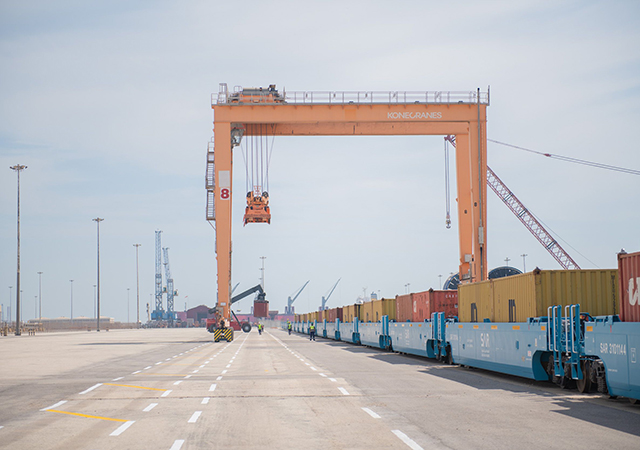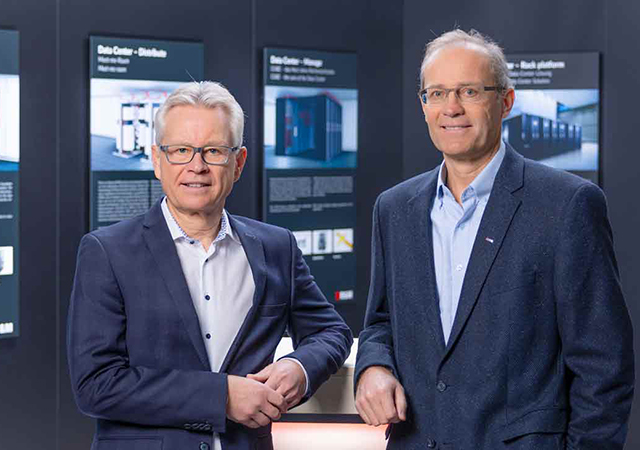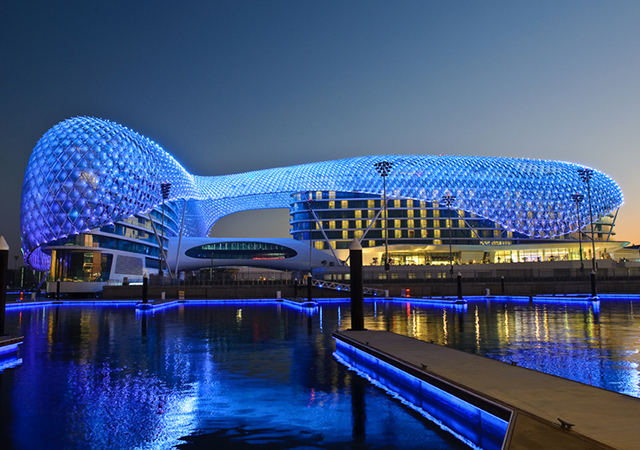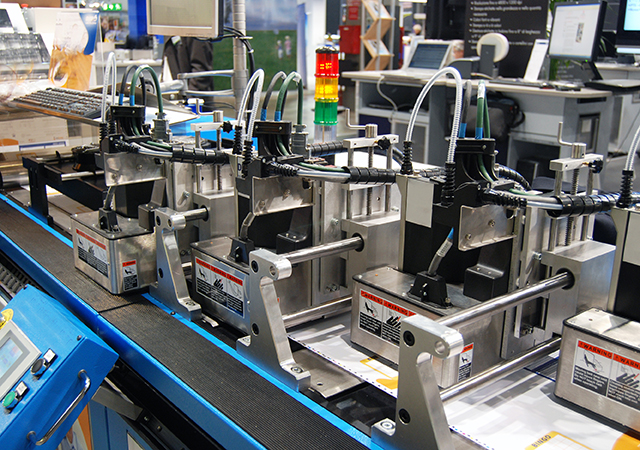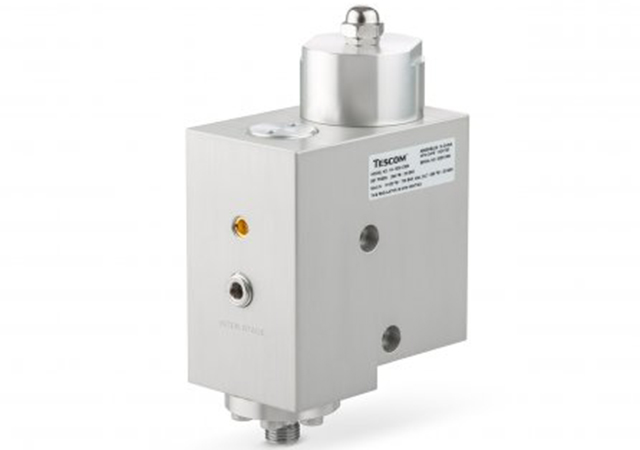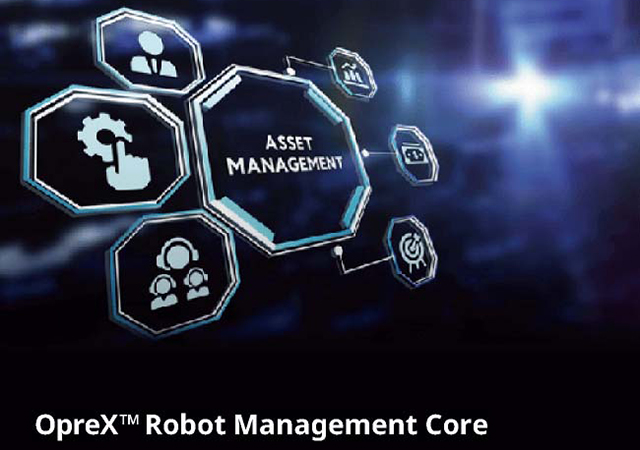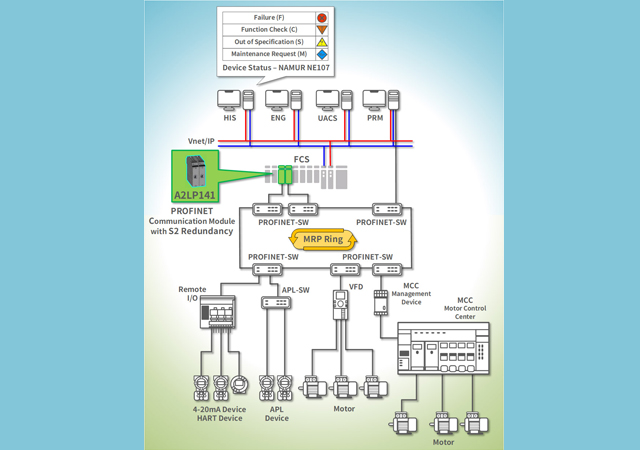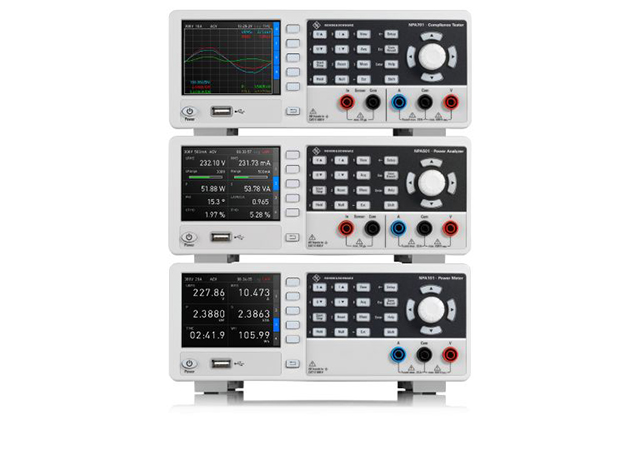
The giants of US industry have tried to convince investors they are supported by more than one pillar.
As the US economy slows this year and possibly tips into recession, manufacturers are increasingly looking overseas for sales and profit growth.
Since the last recession in 2001, companies have boosted their manufacturing capacity abroad, and many now generate the bulk of their sales outside their home market, reports Reuters.
But one look at a stock chart of GE, Ingersoll-Rand Co Ltd or Caterpillar suggests many investors remain skeptical. Dow components GE and Caterpillar are each down about 20 per cent from 2007 highs. Ingersoll, which is buying Trane Co for about $9.5 billion, is down 30 per cent.
US economic growth is clearly slowing. A Federal Reserve index of manufacturing activity in the mid-Atlantic region showed the deepest contraction in seven years, while a Conference Board index of leading indicators fell for the fourth consecutive month in January.
US industrial and consumer demand in the first half of 2008 “is likely to be sharply weaker” than in the fourth quarter, Goldman Sachs said recently. Companies meeting with analysts in coming weeks may begin to “‘look across the valley’ to longer-term growth,” analyst Deane Dray said.
But while the decline in the US housing sector has been well documented, demand elsewhere remains solid. An ongoing boom in aerospace, for example, will help lift profits at cockpit electronics maker Honeywell, engine maker GE and helicopter and engine maker United Technologies Corp.
The CEO of Textron Inc recently told Reuters demand for business jets was “awesome” and unlikely to decline any time soon. Honeywell’s CFO said the company was “well positioned” for a softer US economy.
Meanwhile, a boom in farm and other commodities is driving profits for makers of mining and farm equipment, helping offset weak demand for machines used in construction or landscaping.
Some investors are taking advantage of lower prices to expand their industrial holdings, after a number of companies promised at least double-digit earnings growth in 2008 despite the US slowdown.
“I listened to so many of the calls last quarter, and the companies were not seeing the macro effects as much as most people believe they will,” said Wayne Titche, co-manager of the AHA Diversified Equity Fund, which owns Parker Hannifin Corp, GE and 3M Co, and is looking to buy more economically sensitive stocks in coming months.
“The stocks are saying that investors don’t believe they’ll deliver on those promises,” Titche said. “As long as they’re close, there’s good opportunity in the industrial names.”
Still, a slowdown in the United States or Western Europe may hit emerging markets, where much of the growth is based on exports.
“We’re not in the decoupling camp,” Titche said, referring to the notion that other economies are less correlated with the United States in the age of globalisation. “There is internal demand, (but) people exaggerate those numbers.”



